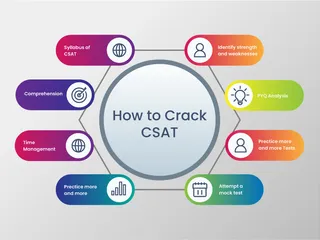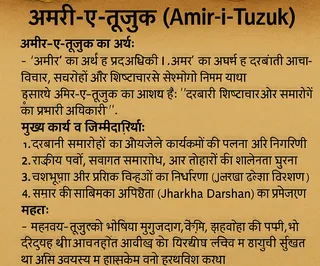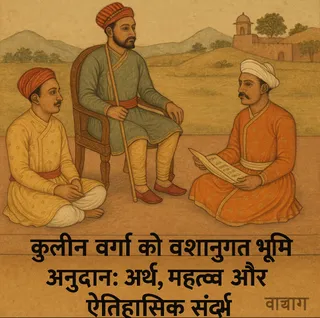A definition is a statement that explains the meaning of a word, term, or concept. It clarifies what something is and distinguishes it from other things. Definitions are fundamental to communication, enabling us to share knowledge and understanding precisely.
Types of Definitions
There are several types of definitions, each serving a different purpose:
- Lexical Definition: This type of definition focuses on the standard meaning of a word as found in dictionaries. For example, the lexical definition of 'chair' might be: "A seat typically having four legs and a back."
- Stipulative Definition: This defines a term for a specific purpose or context, often within a particular field or theory. For example, in a scientific paper, a researcher might stipulate a specific definition of "intelligence" for their experiment.
- Precising Definition: This aims to refine or clarify an already existing definition, making it more precise and unambiguous. It might address ambiguities or inconsistencies in existing definitions.
- Theoretical Definition: This type of definition explains a term within a broader theoretical framework, linking it to other concepts and principles. For instance, a theoretical definition of "democracy" might delve into its philosophical underpinnings and practical implications.
- Operational Definition: Used in research and experiments, an operational definition explains a concept by describing how it's measured or observed. For instance, "anxiety" could be operationally defined as "a score above 20 on the State-Trait Anxiety Inventory."
Importance of Definitions
Accurate definitions are essential for:
- Clear Communication: Preventing misunderstandings and promoting effective knowledge transfer.
- Critical Thinking: Analyzing concepts precisely and identifying underlying assumptions.
- Problem Solving: Defining the problem clearly is a crucial first step in finding a solution.
- Knowledge Acquisition: Building a foundation of understanding for more complex ideas.
Understanding and crafting precise definitions is a vital skill across various fields and aspects of life, contributing to clearer thought and communication.
For more detailed information on semantics and linguistic theory, you can consult resources like the Wikipedia page on Semantics.







































